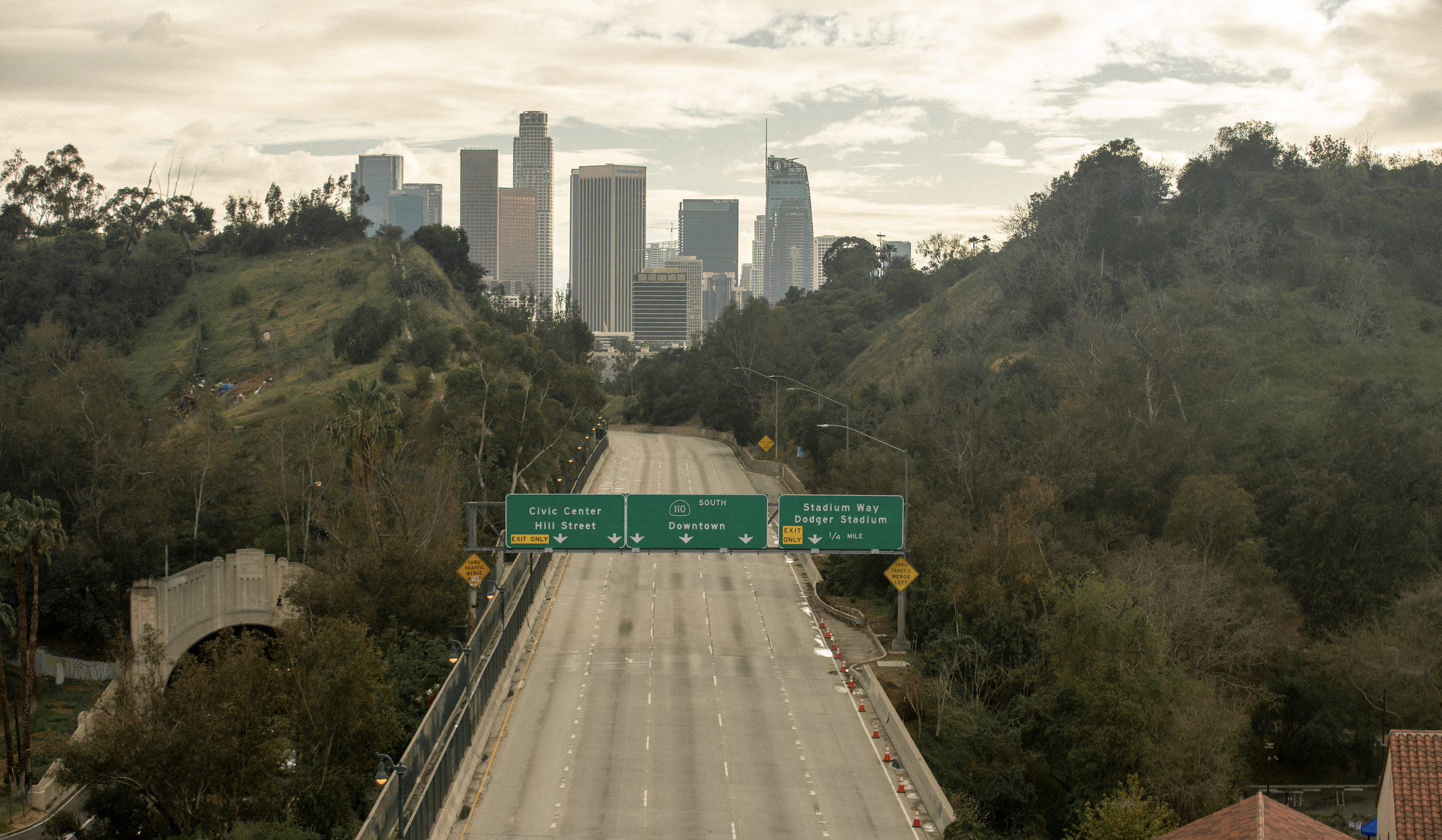Why Pandemics, Such as COVID-19, Require a Metropolitan Response:
Emerging Evidence from New York, Wuhan, Paris, and Johannesburg
RSVP


Introduction
Please join NYU Marron and the Faculty of Environmental and Urban Change at York University for a webinar, “Why Pandemics, Such as COVID-19, Require a Metropolitan Response.” The webinar will focus on the role that large, multi-jurisdictional, multi-municipality, and often hyperdiverse and socio-spatially fragmented metropolitan areas play in both the spread of and the public health response to pandemics, past, present, and future.
A significant share of the world’s urban population now inhabits extended metropolitan areas that spread across multiple local and regional jurisdictions. These large agglomerations function as single, albeit unequal, economic units, drawing on vast economies of scale that come from their high levels of interconnectedness. And it is precisely this interconnectedness, in combination with their socioeconomic diversity and inequality, that makes these metropolitan agglomerations both more vulnerable to pandemics and ultimately better able to confront them.
Indeed, large metropolitan areas reveal major disparities in health outcomes, major inequities in access to healthcare, and barriers to such access by poor and racialized populations that are metropolitan in scale and cannot be properly addressed either at the municipal, provincial or national level.
Surprisingly, none of these great metropolitan agglomerations—the largest artifacts ever assembled by humankind—are self-governing. Emerging evidence from New York, Toronto, Wuhan, Paris, and Johannesburg gives us reason to believe that metropolitan governance of public health is the appropriate governmental jurisdiction for shouldering key responsibilities for managing pandemics in general and the COVID-19 pandemic in particular.
We do realize that calling for the empowerment of metropolitan governmental structures that better conform to the geographic spread and response to pandemics in the midst of the highly politicized COVID-19 pandemic may sound unrealistic given current constitutional realities in most countries. Yet we cannot but point out that given the evidence to be presented in this webinar, it is a serious proposition whose time has come nonetheless given the challenges we face currently and likely in the future in the face of emerging infectious disease threats.
Schedule and Speakers
Professor Angela Hawken, the Director of the NYU Marron Institute of Urban Management, will welcome participants and introduce the panel moderator.
Professor Roger Keil, Faculty of Environmental and Urban Change, York University will moderate the panel. He will introduce the topic, featuring his work in Toronto, and then introduce the panelists.
The webinar will include four 10-minute presentations focused on the following metropolitan areas:
- New York: Professor Shlomo Angel, Director of Urban Expansion at the NYU Marron Institute of Urban Management, New York University.
- Wuhan: Professor Xuefei Ren, Department of Sociology, Michigan State University.
- Paris: Eric Huybrechts, Urban and Environmental planning Agency of Greater Paris Region.
- Johannesburg: Professor Margot Rubin, School of Architecture and Planning, University of the Witwatersrand, Johannesburg.
The presentations will be followed by a commentary by Professor Neil Brenner, Department of Sociology, University of Chicago.
The commentary will be followed by a question-and-answer session moderated by Professor Keil. All questions that were submitted will be answered by the panelists, either during the webinar or by email following the webinar.
Bibliography of Articles Relevant to the Webinar
Acuto, M., Larcom, S., Keil, R. et al. Seeing COVID-19 through an urban lens. Nat Sustain (2020). https://doi.org/10.1038/s41893-020-00620-3
Angel, Shlomo and Alejandro M. Blei, 2020. Why Pandemics, such as Covid-19, Require a Metropolitan Response, online at: https://papers.ssrn.com/sol3/papers.cfm?abstract_id=3714883
Biglieri, Samantha, Lorenzo De Vidovich & Roger Keil (2020): City as the core of contagion? Repositioning COVID-19 at the social and spatial periphery of urban society, Cities & Health, DOI: 10.1080/23748834.2020.1788320
Brenner, Neil 2013. Theses on Urbanization, Public Culture 25:1 DOI 10.1215/08992363-1890477
Brenner, Neil and Nikos Katsikis, "Operational landscapes: hinterlands of the capitalocene," Architectural Design / AD 90, no. 1 (2020): 22-31.
C-40 Cities, 2020. C-40 Mayors’ Agenda for a Clean and Just Recovery, online at: https://c40-production-images.s3.amazonaws.com/other_uploads/images/2093_C40_Cities_
%282020%29_Mayors_Agenda_for_a_Green_and_Just_Recovery.original.pdf?1594824518
Connolly, C., Keil, R., & Ali, S. H. Urban Studies. https://doi.org/10.1177%2F0042098020910873 (2020).
Keil, Roger and S. Harris Ali 2007. Governing the Sick City: Urban Governance in the Age of Emerging Infectious Disease, Antipode, 39,5; https://doi.org/10.1111/j.1467-8330.2007.00555.x
Ren, Xuefei, 2020. The Quarantine of a Megacity: China’s Struggle Over the Coronavirus Epidemic, online at: https://www.ijurr.org/the-urban-now/the-quarantine-of-a-megacity/
Ren Xuefei, 2020. Pandemic and lockdown: a territorial approach to COVID-19 in China, Italy and the United States, Eurasian Geography and Economics, DOI: 10.1080/15387216.2020.1762103
Rubin, Margot 2018. At the Borderlands of Informal Practices of the State: Negotiability, Porosity and Exceptionality, The Journal of Development Studies, 54:12, 2227-2242, DOI: 10.1080/00220388.2018.1460466
Rubin, Margot 2020. Urban density, governance and COVID-19: perspectives from South Africa, Workshop: Governing the pandemic in large cities: from the BRICS and Beyond, University of Witwatersrand, October 22.
